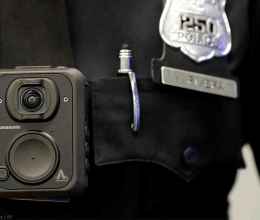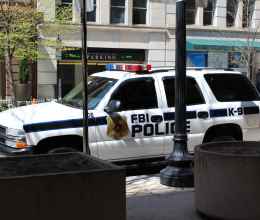
Youth Justice Coalition v. City of Los Angeles is a class action lawsuit filed on behalf of thousands of Angelenos whom the Los Angeles police and prosecutors have unfairly subjected to restrictive "gang injunctions" without due process.
Gang injunctions are civil court orders that prohibit supposed "nuisance activities" of a gang in particular neighborhoods. The injunctions prohibit not just criminal conduct, but everyday activities that would otherwise be perfectly legal, such as associating with others suspected of gang membership (including immediate family), drinking alcohol in public view, or possessing such ordinary objects as highlighters or cell phones. Violation can lead to arrest, fines, and up to six months in jail.
The city obtains these gang injunctions by suing the gang as an "unincorporated association," in much the same way someone might sue a company. But because gangs are not actually organized legal entities, they do not show up in court to defend against the gang injunction case, and the city wins by default. In fact, the city has obtained every single one of its 46 gang injunctions through those defaults. Once the city has the gang injunction in hand, it “serves” the order on people it believes to be gang members—without any notice, without a hearing, and without any opportunity to contest the city’s allegation they are gang members before they are subjected to the injunction.
The city’s enforcement of gang injunctions violates one of the most basic principles of fairness in the Constitution—procedural due process, which holds that the government cannot restrict person’s basic liberties without first giving them a hearing or other opportunity to be heard and proving why the restriction is justified.
The ACLU SoCal filed the suit with the Urban Peace Institute, and the law firm Munger, Tolles & Olson LLP, on behalf of the Youth Justice Coalition, an organization which has been advocating for residents unjustly accused of gang activity, and two individuals the city has subjected to gang injunctions. The suit demands that the city cease enforcement of the gang injunctions against anyone who has been subjected to them through this unconstitutional, one-sided process.
Case developments
The District Court found that the City of Los Angeles's process of putting people onto gang injunctions was likely illegal, and issued an order temporarily preventing the city from enforcing its gang injunctions against any class member. Read the order.
Order GRANTING Plaintiff Peter Arellano’s Motion for Preliminary Injunction
ACLU SoCal and its partners filed a complaint against the City of Los Angeles. Read the complaint.



